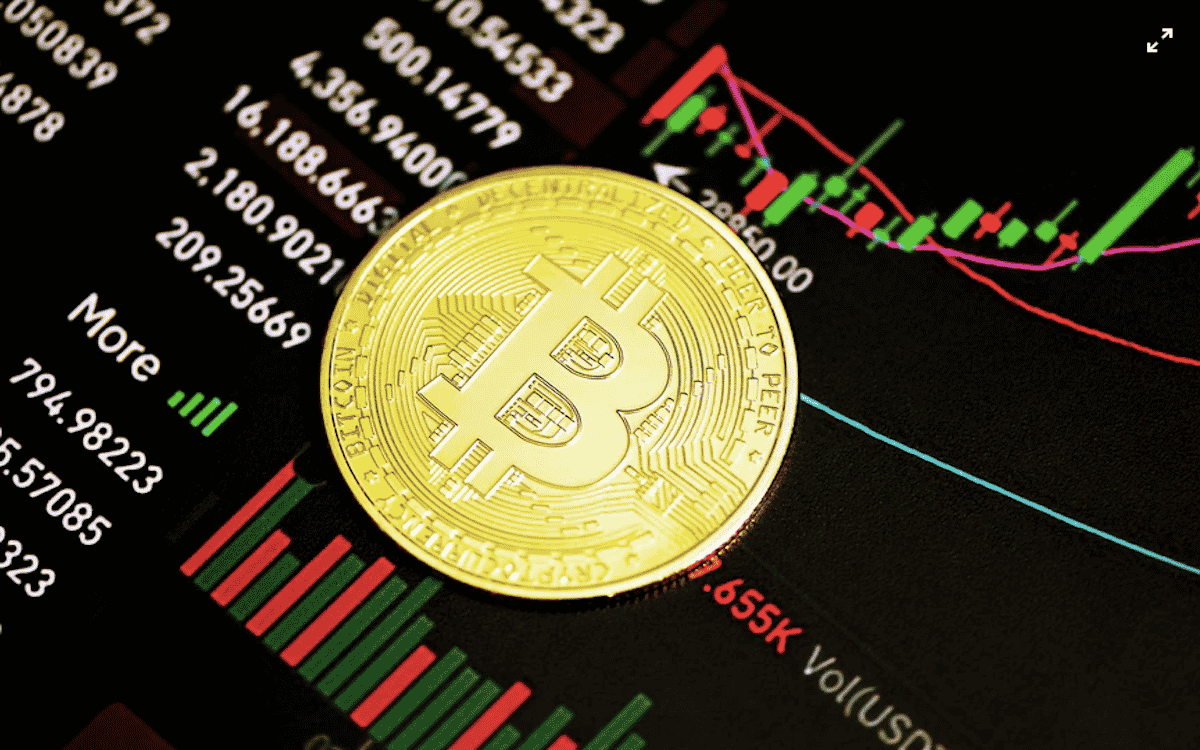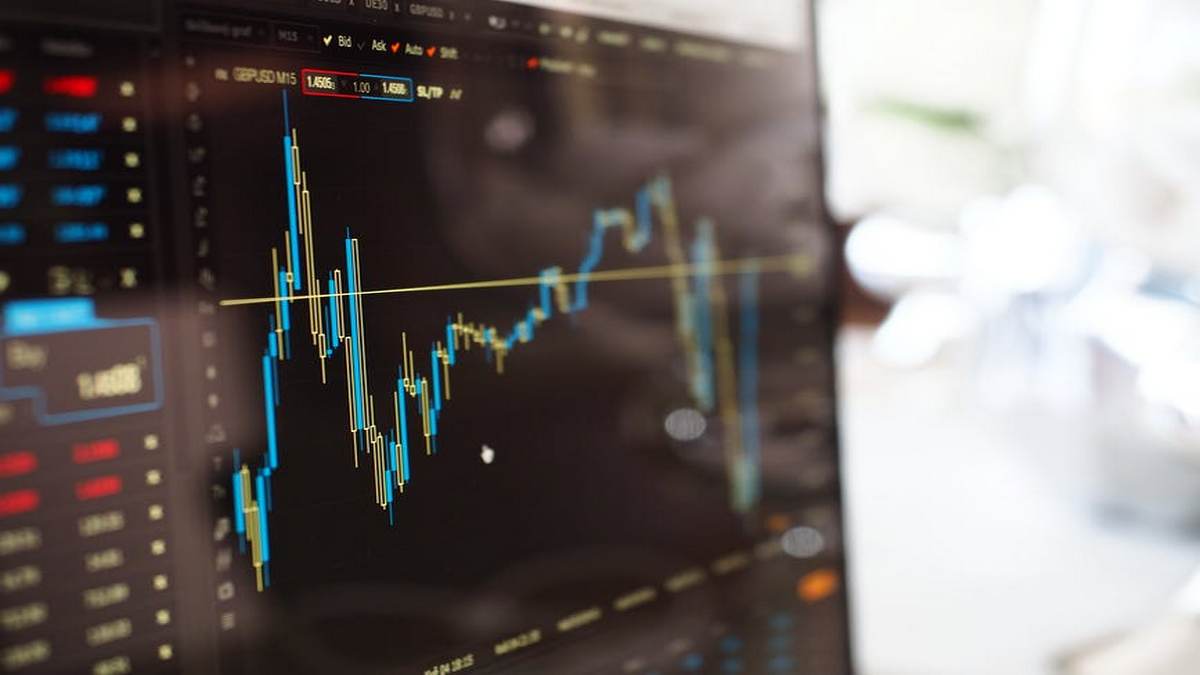
The Dollar Cost Average (DCA) approach to buying bitcoin is extremely popular, whereby BTC is bought in small amounts over a period of time. Some exchanges and wallets offer a DCA feature that can auto-buy $100 of Bitcoin or ether simultaneously each week.
DCA’ing is a good way to build an allocation of an asset without sweating your entry price since you’ll be buying at different points on the chart. It’s an extremely blunt instrument that takes no account of the asset’s price at the scheduled buy time.
A DCA bot provides a more elegant take on this strategy, buying when an asset decreases in price and selling when it increases. In this context, a crypto trading bot fulfills two roles, preventing investors from needing to become traders and maximizing profitability through judicious buying and selling.
Because that’s the other thing to know about a DCA bot: it doesn’t just have to buy. Profit maximization also calls for selling at optimum times before rebuying lower. In doing so, a portfolio can still be built, with its total value increased through bot-driven trading. This strategy may work wonders for your portfolio, but before plunging in, there’s one thing you should consider: your tax liabilities.
Life, DCA, and Taxes
The amount you are taxed and how your tax obligations are calculated will vary from country to country. Tax agencies commonly require capital gains tax to be paid upon selling a crypto asset. This means you need to know the purchase price in order to calculate the profit made and tax owed. This can get complicated when making multiple buys over time, as is the case when DCA’ing. Thankfully, there’s a solution: crypto tax software.
The best crypto tax tools can be connected to your exchange account or can be fed a list of wallet addresses and will calculate the resultant tax based on buy and sell prices and total holdings. If you’re comfortable with using a bot to automate your DCA buying, it’s a short step to using software that can also automate tax calculations.
Some automated crypto trading solutions include tools designed to help with tax determination, allowing you to manage your tax obligations without the need to install third party software. This makes it easier to use DCA bots, copy trading, and other automated trading features without being handed a headache when it comes to calculating the tax. Incidentally, if your DCA bot is set to buy only, you may not even be liable for tax. Generally speaking, it is only when selling a crypto asset that a taxable event occurs.
As with so much in life, the trick to mastering DCA bots and tax calculation is to plan ahead: don’t leave your tax until the last day of the financial year, forcing you to go back and trawl through thousands of trades. Have crypto tax software in place before commencing an automated DCA strategy. That way, you’ll be free to focus on the important things in life knowing that your tax obligations are in hand.



